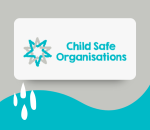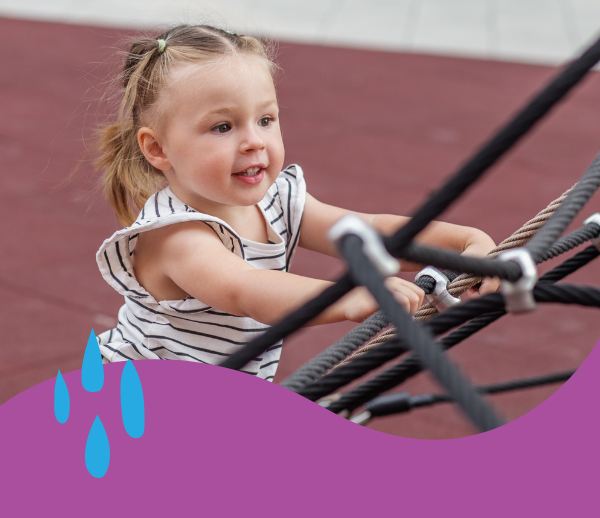The Benefits of Starting Sports in Early Childhood Education
Engaging in sports early on has numerous benefits for children's physical, cognitive, and emotional development. Recent research by the University of Queensland has shed light on the long-term advantages of early sports participation on mental health...
Engaging in sports early on has numerous benefits for children’s physical, cognitive, and emotional development. Recent research by the University of Queensland has shed light on the long-term advantages of early sports participation on mental health. In this blog, we will explore the findings of this study and delve into the specific benefits of starting sports early in early childhood.
Enhanced Physical Fitness
Introducing children to sports at a young age promotes regular physical activity and helps develop essential motor skills. Early childhood sports participation lays the foundation for a healthy lifestyle and improves coordination, balance, and agility. Children develop strong muscles and bones through constant movement and exercise, reducing the risk of obesity and related health issues. Regular physical activity also enhances cardiovascular health and overall fitness.
Cognitive Development
Engaging in sports during early childhood contributes significantly to cognitive development. Research has shown that physical activity promotes brain health, improves concentration, and enhances academic performance. Children who participate in sports early often exhibit better problem-solving skills, improved memory, and enhanced focus. The structured nature of sports introduces children to rules, strategies, and teamwork, fostering cognitive abilities and critical thinking.
Social Interaction and Emotional Well-being
Sports provide valuable opportunities for children to interact with peers, form friendships, and develop critical social skills. Early sports participation encourages cooperative play, communication, and teamwork, fostering positive relationships and a sense of belonging. Through shared goals and experiences, children develop essential social and emotional skills such as empathy, resilience, self-confidence, and leadership qualities. Engaging in sports also provides a healthy outlet for managing and expressing emotions, contributing to improved emotional well-being.
Long-term Mental Health
The research conducted by the University of Queensland revealed that children who participate in sports from early childhood experience positive mental health outcomes over time. Sports, particularly team sports, create a supportive environment that promotes social connection, boosts self-esteem, and reduces the risk of psychosocial difficulties. Starting sports early provides a foundation for resilience, stress management, and overall mental well-being throughout adolescence and adulthood.
Lifelong Habits and Future Success
Introducing sports in early childhood helps establish healthy habits that can last a lifetime. When children develop a love for sports at a young age, it increases the likelihood that they will continue participating in physical activities as they grow. Moreover, early sports involvement teaches valuable life skills such as discipline, perseverance, goal-setting, and time management, contributing to future success in various aspects of life.
Connecting Teams, Talent & Educators
Thank you for reading our latest blog. If you are a candidate, click to view our Permanent Jobs or explore our latest Temporary Opportunities.
If you are a client looking to find your next permanent or temporary staff member, Entrée Early Years can help. Hire or Book Early Childhood Staff today!
Reference
“Children who participate in sports early have better long-term mental health” (URL: https://thesector.com.au/2023/09/08/children-who-participate-in-sports-early-have-better-long-term-mental-health/)







